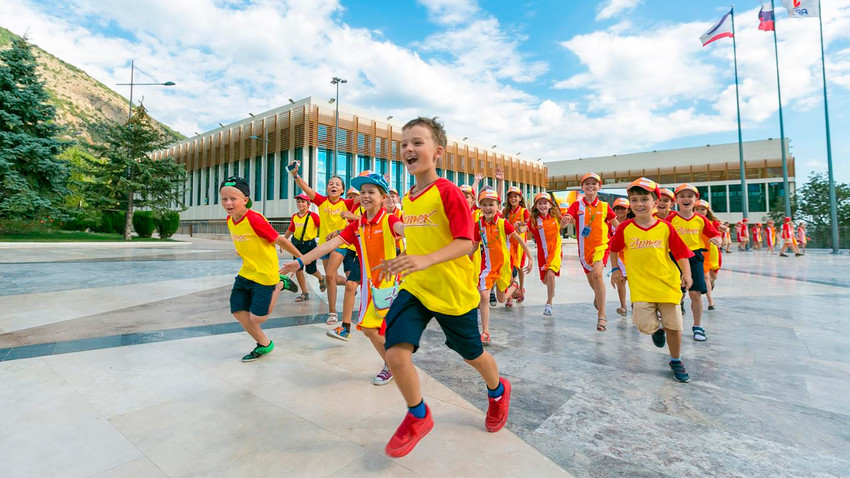Crimean summer: Would you send your kids to the legendary Artek camp?

After the collapse of the Soviet Union, the famous Artek summer camp disappeared from public view, and up until now many people, even in Russia itself, weren't aware whether it still existed. In August, we traveled to see the camp ourselves, and here's what we found out.
If using any of Russia Beyond's content, partly or in full, always provide an active hyperlink to the original material.
Subscribe
to our newsletter!
Get the week's best stories straight to your inbox